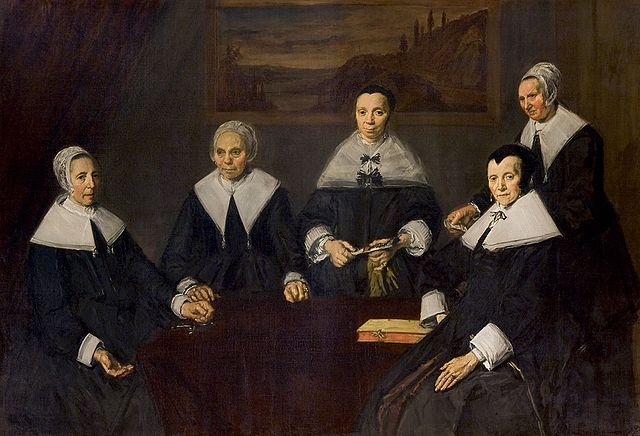An interregnum is a period of discontinuity or "gap" in a government, organization, or social order. Archetypally, it was the period of time between the reign of one monarch and the next, and the concepts of interregnum and regency therefore overlap. Historically, longer and heavier interregna have been typically accompanied by widespread unrest, civil and succession wars between warlords, and power vacuums filled by foreign invasions or the emergence of a new power. A failed state is usually in interregnum.
interregnum[clarification needed]
In a monarchy, a regent is a person appointed to govern a state pro tempore because the actual monarch is a minor, absent, incapacitated or unable to discharge their powers and duties, or the throne is vacant and a new monarch has not yet been determined. One variation is in the Monarchy of Liechtenstein, where the competent Prince may choose to assign regency to their of-age heir, handing over the majority of their responsibilities to prepare the heir for succession. The rule of a regent or regents is called a regency. A regent or regency council may be formed ad hoc or in accordance with a constitutional rule. Regent is sometimes a formal title granted to a monarch's most trusted advisor or personal assistant. If the regent is holding the position due to their being in the line of succession, the compound term prince regent is often used; if the regent of a minor is their mother, and she is wife or widow of the king, she would be referred to as queen regent.

Regentesses of the Old Men's Almshouse in Haarlem, Frans Hals, 1664
The oath of the provisional triumviral regents of the Empire of Brazil in the country's Imperial Chapel in 1831, at the beginning of the Regency period.

![interregnum[clarification needed]](https://upload.wikimedia.org/wikipedia/commons/thumb/1/13/Das_Interregnum_Drei_M%C3%A4nner_am_Grab_eines_Kaisers.jpg/452px-Das_Interregnum_Drei_M%C3%A4nner_am_Grab_eines_Kaisers.jpg)

